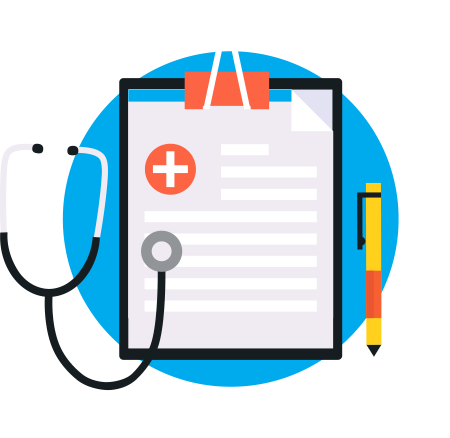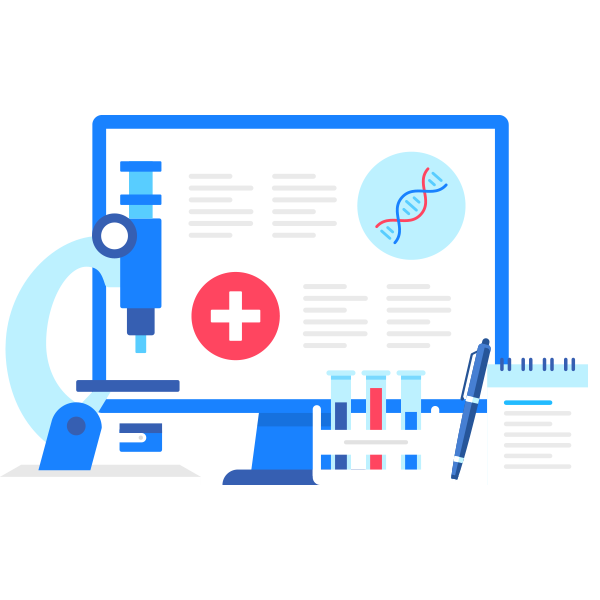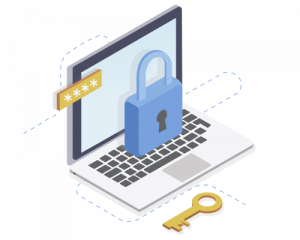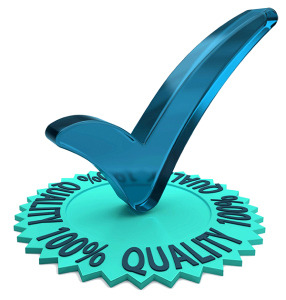As the medical industry takes hold in new markets and companies expand overseas, medical testing devices and implant translations are among the most sensitive communications requiring professional localization support. Many groups continue to create innovative medical technologies, medical testing devices, and implants for consumers in new markets, and these translations are essential to ensure that manufacturers, users, and patients can safely produce, operate, and function with new devices in the global market.
As the demand for implants and medical devices grows globally, the need for highly accurate translations of medical device documentation, clinical trial documentation, patient recruitment content, and eLearning solutions is vital to ensure regulatory compliance and market access. CSOFT’s global network of 10,000+ linguists and subject matter experts provides timely and highly accurate medical testing device and implant documentation translation and localization in over 250 languages, helping you comply with regulatory guidelines and confidently expand into new markets.
What are Medical Testing Devices and Implants used for?
Medical testing devices, including implants, are distinct in that they are designed to conduct medical tests in the comfort of a patient’s home, saving both time and money associated with an in-person hospital visit. Medical testing devices can come in many forms, including blood coagulation monitors, home blood pressure monitors, asthma monitors, home EKG devices, and laser-lancing devices. When localizing products for new country markets, qualified linguists familiar with these devices and their surrounding regulations are essential.
In greater detail, an implant is a medical device implanted internally in the human body to reinforce or replace biological structures like organs and tissues, monitor bodily functions, and deliver drugs. Implants can be permanent or temporary and are constructed with various materials, such as bioceramics, composites, polymers, and metals. While a wide range of medical devices is considered implants, such as vascular grafts and pacemakers, retinal, neuronal, and cochlear implants, wound dressings and sutures, dental and spinal implants, insulin delivery devices, and cosmetic and structural implants, manufacturers must be prepared to comply with specific regulations applying to this class of device, meaning that their need for localization varies by their origin country or region, as well as destination.

Medical Device Documentation Translation
The medical devices development process requires medical testing device manufacturers and implant manufacturers to submit a variety of documents, including regulatory compliance documentation for NMPA, FDA, and EMA submissions, legal documents such as patents and international business agreements, instructions for use (IFU), manufacturing process descriptions, package inserts and labels, and post-market safety reporting. As the demand for implants and medical testing devices shifts overseas, manufacturers must ensure that translations of the medical testing device and implant documentation are done accurately and promptly. CSOFT Health Sciences specializes in end-to-end translations for medical device documentation across all stages of the medical device development lifecycle for medical testing devices and medical implant manufacturers.
Learn more about our medical device document translation services.
Beyond Implants: Offering a Full Range of Medical Device Translations
As medical device production and sale remain in high demand in overseas markets, translations for the documents, materials, and content required to manufacture, operate, and sell medical devices are essential for medical companies. Valued in the hundreds of billions, the medical device sector requires high volumes of documentation to bring new devices safely and successfully to markets. CSOFT provides end-to-end localization solutions for the medical devices industry, whether international patent or clinical trial document translations.
In addition, our global network of linguists and subject matter experts provide cost-effective and consistent translations for documents and materials for specific types of medical devices, including:
Learn more about our translations for the medical device industry.
Clinical Trial Translations
Since some medical testing devices and implants are Class II or III, clinical trials are often required for market access. As the demand for implants and medical testing devices grows overseas, the need for highly accurate and timely translations and localization solutions for documents, including clinical outcome assessments (COAs), informed consent forms, patient enrollment forms, and patient recruitment and retention materials , is vital for adhering to regulatory guidelines and entering local markets.
Learn more about our clinical trial translation solutions.

Chemical Translation
Implants are made from various materials, including bioceramics, composites, polymers, and metals. Many different types of chemicals, plastics, and biomaterials are required to produce the materials needed to design medical implants, such as knee, hip, craniofacial replacements, and spinal and dental implants. As the global chemical supply chain and manufacturing operations move overseas, there is a need for highly accurate chemical, plastic, and material manufacturing documents. CSOFT’s team of in-country native linguists and subject matter experts (SMEs) provide highly accurate and timely localization solutions for technical manual translations, testing software, eLearning courses, and more to help life science companies expand into new markets with confidence.
In addition, we provide translations of chemical, manufacturing, and control documents, package information leaflets (PILs), risk management plans (RMPs), and a summary of product characteristics (SmPCs) to help companies safely manufacture medical chemicals and therapies in overseas markets.
Learn more about our chemical translations.
Data Security
With over 20 years of experience in medical translation, CSOFT Health Sciences understands the importance of data security to our clients, and we take nothing for granted when confidentiality is a concern. Our well-documented and fully traceable information data security policies, checklists, and quality records leverage the best practices of ISO 27001. They are designed to protect everything from source data to translations. From our 24/7/365 data monitoring and advanced encryption to our access control measures, you can be sure that your project data is safe from start to finish.
Learn more about how CSOFT prioritizes data security.
Quality Assurance
CSOFT Health Sciences has developed a process for quality assurance to ensure that every medical translation project meets quality standards in a cost-effective and timely manner. We are certified in ISO 17100:2015, ISO 9001:2015, and ISO 13485:2016 to ensure our customized solutions meet global regulatory requirements. Our subject matter expert linguists have at least seven years of experience and work with in-country reviewers and project style guides to meet industry standards. CSOFT offers an online translation management ecosystem for one central location to leverage real-time translation memory and terminology management through our innovative cloud-based technology. Every step of the way, CSOFT has you covered.
Learn more about our quality assurance process.

